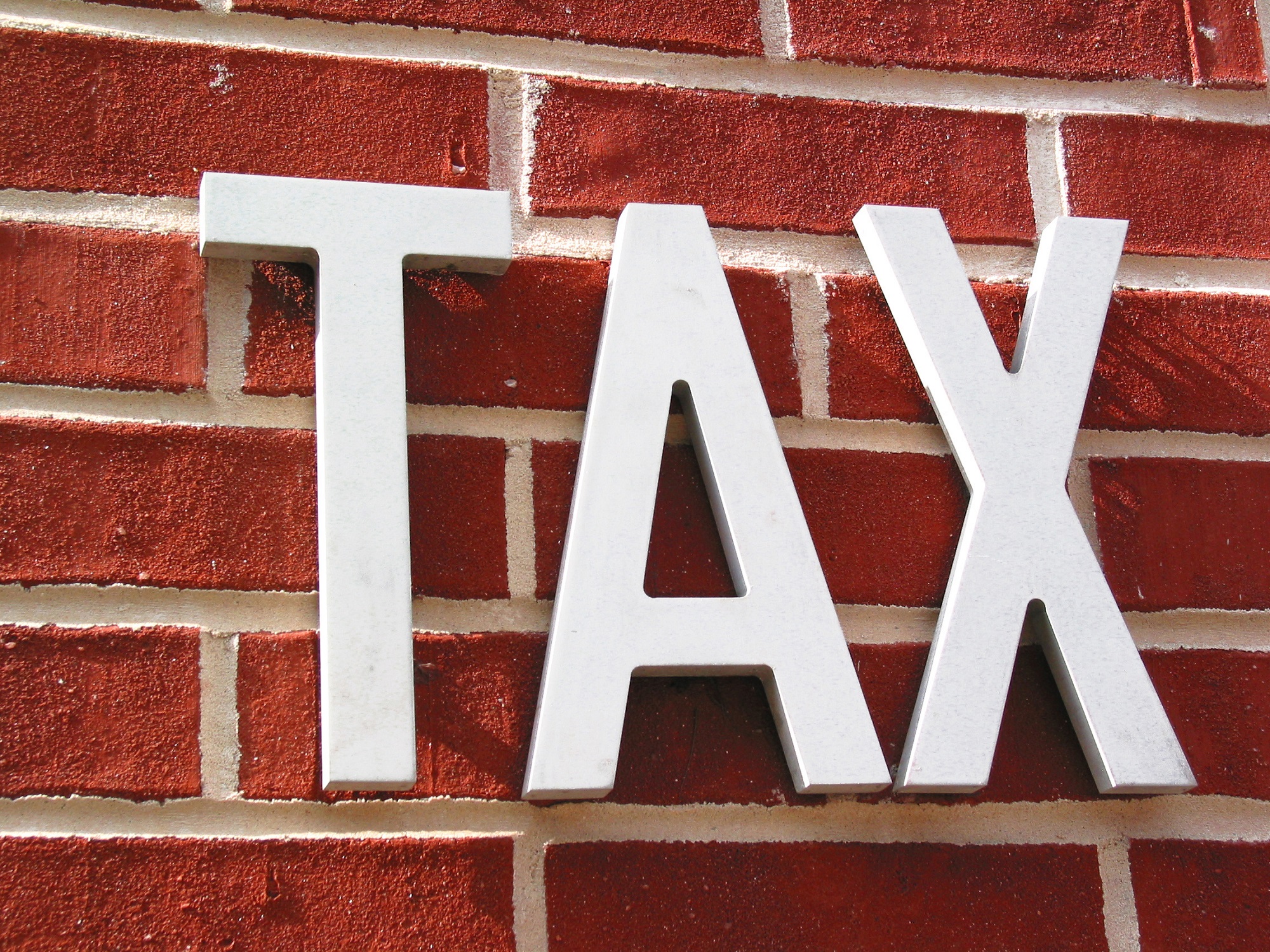Sales Tax Just Got Harder for Online and Out-Of-State Retailers
On June 21, 2018, in South Dakota v. Wayfair, Inc. et al, the Supreme Court of the United States (SCOTUS) overturned long-standing precedent that required “physical presence” before a state could require an out-of-state business to collect and remit sales taxes. In a 5-4 decision, SCOTUS held that “physical presence” is no longer needed in order for a state to establish that an out-of-state business has sales tax nexus. This basically opens the door for states and localities that impose a sales tax to now require out-of-state businesses to register with the state or locality and collect and remit sales tax despite not having a “physical presence” in that state or locality.
In Wayfair, SCOTUS validated a South Dakota law that requires an out-of-state business to collect and remit sales tax if in the current or previous calendar year that business had (i) gross receipts from taxable goods or services delivered into South Dakota exceeding $100,000, or (ii) sold taxable goods and services for delivery into South Dakota in 200 or more separate transactions. SCOTUS struck down the “physical presence” requirement and validated South Dakota’s “economic presence” law.
In making its decision, SCOTUS considered the following features of the South Dakota law: (i) the law has a safe harbor for small businesses, (ii) the law is not retroactive, and (iii) South Dakota is a member of the Streamlined Sales and Use Tax Agreement, which reduces the compliance burden on out-of-state businesses.
This doesn’t necessarily mean that any sales tax nexus rule based on an “economic presence” is going to be valid. But what we may see is states adopting taxing schemes like that of South Dakota.
New Jersey, for example, does not presently have an “economic presence” policy. But lawmakers are considering legislation that would extend the sales tax to out-of-state sellers that deliver more than $100,000 of goods or services into New Jersey per year, or engage in 200 or more separate transactions per year for the delivery of goods and services into New Jersey.
New York has adopted some form of “economic presence” policy, but we can expect that lawmakers will modify the sales tax laws to conform to the Wayfair decision.
Pennsylvania has enacted legislation that requires remote sellers, marketplace facilitators, and referrers with at least $10,000 in Pennsylvania sales during the immediately preceding 12 calendar-month period to collect and remit sales tax or to comply with certain notice and reporting requirements.
In light of the Wayfair ruling, businesses, including online and foreign sellers, should review their sales figures and examine whether they exceed the thresholds (both in terms of gross sales and volume of transaction) for any state that has adopted or will adopt nexus standards or policies based on “economic presence.”
If you have any questions about this post or other patent issues, please contact me at MDSlak@norris-law.com.




